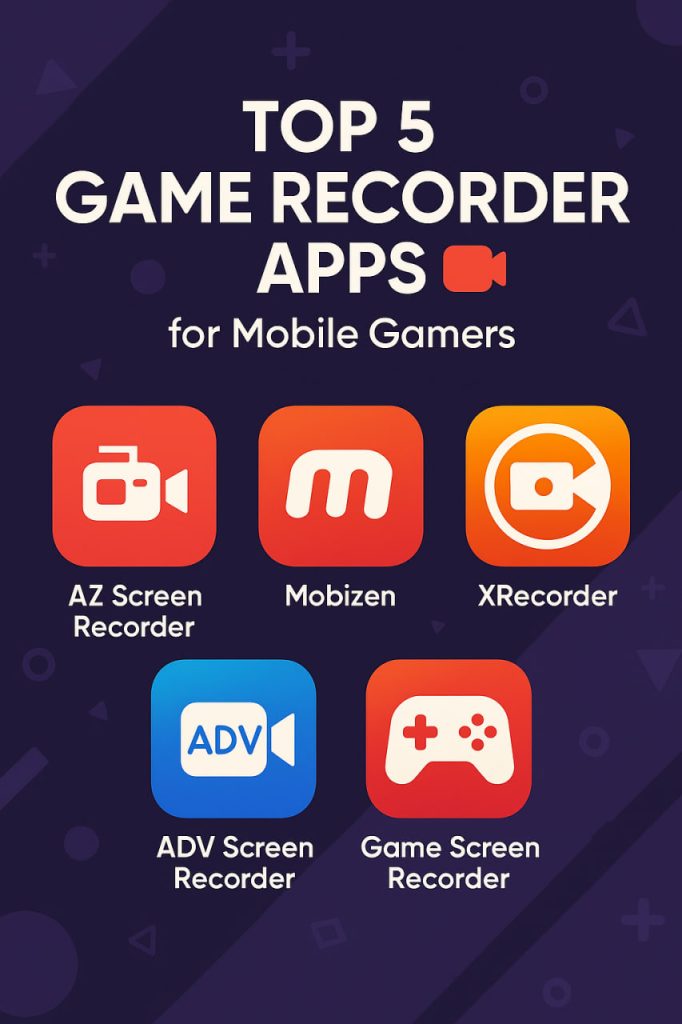Introduction
Nothing is more frustrating than losing a ranked match due to lag. Whether you’re playing Call of Duty: Mobile, Wild Rift, or PUBG, a stable WiFi connection is critical. This guide will walk you through the best strategies to optimize your WiFi for gaming, so you can enjoy smoother gameplay and faster reaction times.
1. Switch to 5GHz WiFi (If Available)
Most modern routers support dual-band networks: 2.4GHz and 5GHz.
Comparison:
| Band | Speed | Range | Interference |
|---|---|---|---|
| 2.4GHz | Slower | Longer | High |
| 5GHz | Faster | Shorter | Low |
If you’re close to your router, 5GHz offers better speed and lower latency, ideal for gaming.
2. Reduce Interference & Obstructions
WiFi signal is blocked by:
- Concrete walls
- Metal furniture
- Microwaves or cordless phones
Quick Fixes:
- Keep electronics that emit interference away from the router
- Place your router in an open, central location
- Keep it above ground level (not hidden behind TVs)
3. Use Ethernet or Powerline Adapters (If Possible)
For PC and consoles, wired is always better.
- Ethernet = lowest latency possible
- Powerline adapters = use your home’s electrical wiring to simulate Ethernet
Even if you’re a mobile gamer, use a device close to the router for better ping.
4. Limit Bandwidth Hogs During Gaming
Streaming video, downloads, or file syncing can slow your connection.
Avoid during gaming:
- Netflix/YouTube streaming
- Large game updates (turn off auto-update)
- Cloud backup tools (Google Drive, OneDrive)
Use Quality of Service (QoS) on your router to prioritize gaming traffic.
5. Restart Your Router Weekly
Just like a PC, your router benefits from an occasional reboot.
- Clears cached memory
- Resets stalled connections
- Helps allocate bandwidth efficiently
Tip: Set a reminder to restart it every Sunday morning before your ranked grind.
6. Use a Gaming VPN (If Servers Are Unstable)
If your ISP routes are bad, a VPN can help reduce ping in some regions.
Best gaming VPNs (2025):
- ExitLag
- NordVPN
- Speedify
Only use VPNs from reputable providers and test ping before ranked games.
7. Track Your Ping, Not Just Speed
Fast internet isn’t always stable. Use apps like:
- PingPlotter
- Speedtest (Ookla)
- NetOptimizer (Android)
Check for:
- Ping spikes
- Packet loss
- Jitter (variance in delay)
Conclusion
You don’t need expensive gear to fix lag—just smart setup and management. From switching to 5GHz and optimizing router placement, to managing bandwidth and using QoS, these small changes will make a huge difference in your gaming experience.
Get ready for lower ping, fewer disconnects, and more wins.











